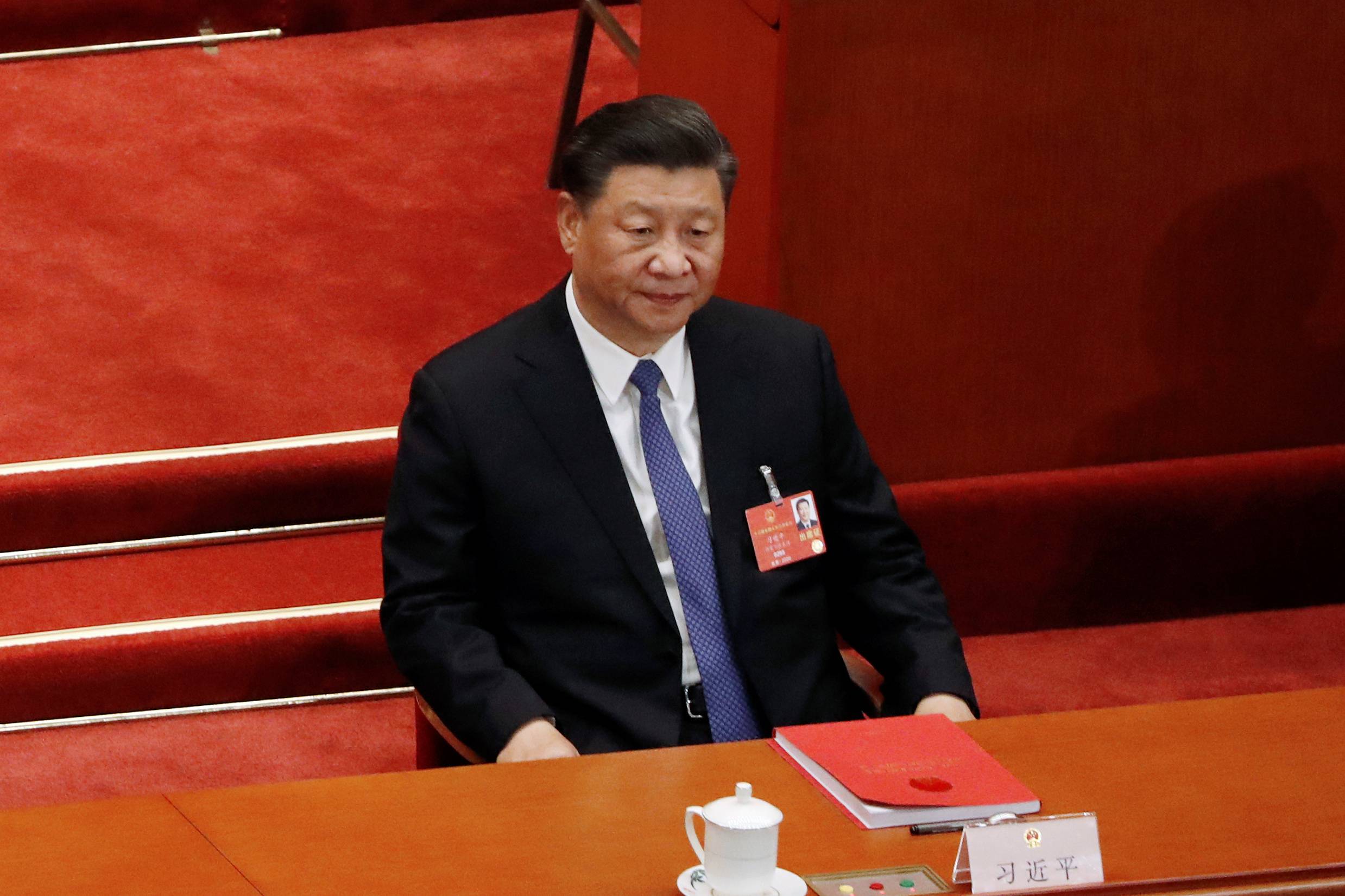Some of the Chinese government’s recent policies seem to make little practical sense, with its decision to impose a national security law on Hong Kong being a prime example. The law’s rushed enactment by China’s rubber-stamp National People’s Congress on June 30 effectively ends the “one country, two systems” model that has prevailed since 1997, when the city was returned from British to Chinese rule, and tensions between China and the West have increased sharply.
Hong Kong’s future as an international financial center is now in grave peril, while resistance by residents determined to defend their freedom will make the city even less stable. Moreover, China’s latest move will help the United States to persuade wavering European allies to join its nascent anti-China coalition. The long-term consequences for China are therefore likely to be dire.
It is tempting to see China’s major policy miscalculations as a consequence of over-concentration of power in the hands of President Xi Jinping: strongman rule inhibits internal debate and makes poor decisions more likely. This argument is not necessarily wrong, but it omits a more important reason for the Chinese government’s self-destructive policies: the mindset of the Chinese Communist Party.


















With your current subscription plan you can comment on stories. However, before writing your first comment, please create a display name in the Profile section of your subscriber account page.